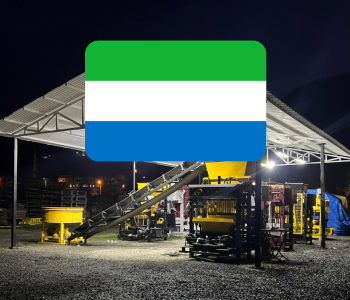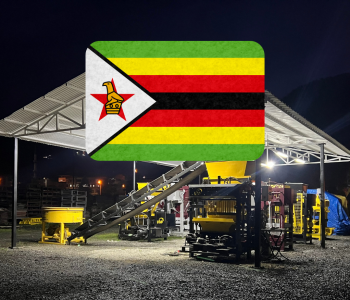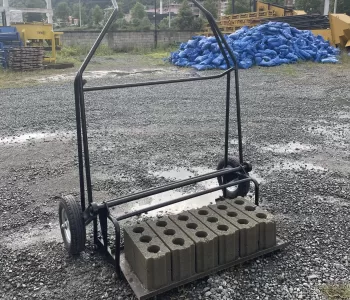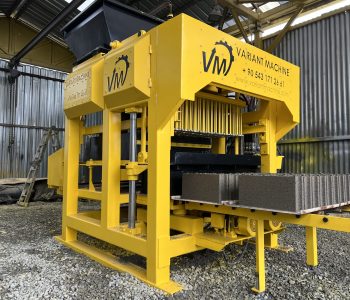Exploring Giza: A Journey Through History, Modern Developments, and the Construction Sector
Giza, a name synonymous with ancient wonders, is more than just the site of the famous pyramids. Today, Giza is a thriving hub of modern activity and development, particularly in the construction sector. This article delves into the rich history of Giza, its current state, recent news, and the booming construction industry, with a focus on the machines and equipment driving its growth.
A Glimpse into Giza’s History
Giza’s history stretches back thousands of years, renowned for its monumental achievements. The Giza Plateau is home to the Great Pyramids, built during the Fourth Dynasty of the Old Kingdom of Egypt, around 2580–2560 BCE. The Great Pyramid of Giza, the only surviving wonder of the ancient world, continues to capture imaginations and stands as a testament to ancient Egyptian engineering prowess. The Sphinx, a colossal limestone statue, also adds to Giza’s historical and cultural significance.
Current State of Giza
Modern Giza is a bustling city that bridges the gap between its storied past and contemporary growth. It is part of the Greater Cairo metropolitan area and has evolved into a center of economic and cultural activity. The city has seen significant development in infrastructure, residential, and commercial projects, reflecting its role in Egypt’s ongoing urban expansion.
Recent News About Giza
Recent news highlights Giza’s transformation into a key player in Egypt’s modernization efforts. Major infrastructure projects are underway, including the expansion of transport networks and the development of new residential and commercial areas. These initiatives are designed to support the growing population and boost economic activity in the region.
The Construction Sector in Giza
The construction sector in Giza has been booming, driven by both new developments and refurbishments of existing structures. This growth is fueled by investments in residential, commercial, and industrial projects. The sector relies heavily on advanced machinery and equipment to meet the increasing demand for high-quality construction materials.
Common Construction Machines in Giza
- Concrete Block Machines
- Automatic Machines: These are fully automated systems that offer high production efficiency and consistent quality. They require minimal manual intervention and are ideal for large-scale operations.
- Semi-Automatic Machines: These machines offer a balance between automation and manual control, providing flexibility and efficiency for medium to large-scale production.
- Manual Machines: Suitable for smaller operations or budget-conscious buyers, manual machines require more hands-on work but are cost-effective and reliable.
Casting Methods:
- Wet Casting Machines: Used for producing concrete blocks with a wet mix, ideal for creating decorative pavers and blocks with intricate designs.
- Dry Casting Machines: Designed for producing dry mix concrete blocks, which are typically used in structural applications.
Types of Blocks Manufactured:
- Hollow Blocks: Lightweight and insulating, used in walls and partitions.
- Solid Blocks: Heavy-duty blocks for structural purposes.
- Curbstones: Used for road edging and landscaping.
- Pavers: Decorative blocks for paving walkways and driveways.
- Hollow Floor Blocks: Used in flooring systems for thermal insulation and soundproofing.
Concrete Block Machine Prices in Giza: Prices vary based on machine type and capacity. Manual machines are more affordable, while automatic and semi-automatic models come at higher prices but offer greater efficiency and output.
- Concrete Batching Plants
- Stationary Concrete Batching Plants: Fixed installations ideal for large-scale projects requiring a steady supply of concrete. They offer high production capacity and are suitable for extensive construction activities.
- Mobile Concrete Batching Plants: Portable units that can be relocated to different construction sites. They are flexible and convenient for projects with varying locations.
Concrete Batching Plant Prices in Giza: Pricing depends on the plant’s capacity and features. Stationary plants generally cost more due to their larger scale, while mobile plants offer flexibility at a potentially lower price point.
- Crushers
- Stationary Crushers: Fixed equipment used for crushing large volumes of material. They are designed for high-output operations in quarries and large construction sites.
- Mobile Crushers: Portable units that can be moved to different locations. They are suitable for projects requiring on-site material processing.
Types of Crushers:
- Cone Crushers: Used for secondary and tertiary crushing, providing fine material sizes.
- Impact Crushers: Ideal for breaking down medium to hard materials with high impact forces.
- Vertical Shaft Impact Crushers (VSI): Specialize in producing high-quality sand and fine aggregates.
- Jaw Crushers: Primarily used for primary crushing, breaking down large rock into smaller pieces.
Crusher Plant Prices in Giza: Prices vary based on the type of crusher, its capacity, and features. Stationary crushers typically have higher upfront costs, while mobile crushers offer versatility at a potentially higher operational cost.
Conclusion
Giza is a city that blends its ancient heritage with modern advancement. Its construction sector is a testament to this dynamic growth, supported by a wide range of machinery and equipment essential for contemporary building projects. From concrete block machines and batching plants to crushers, Giza’s construction industry is equipped to handle diverse needs and drive future development. As the city continues to evolve, its role in Egypt’s urban and economic landscape remains pivotal, reflecting a harmonious integration of past achievements and future aspirations.



